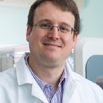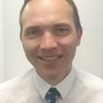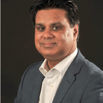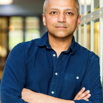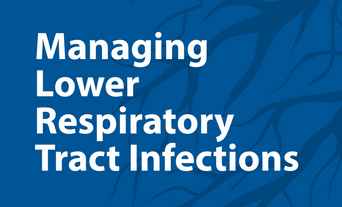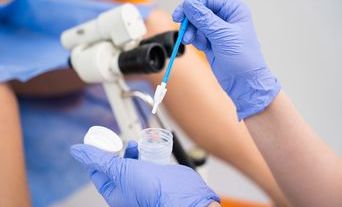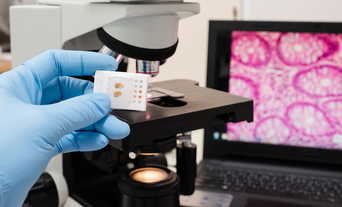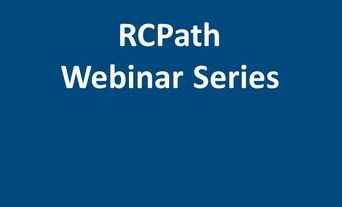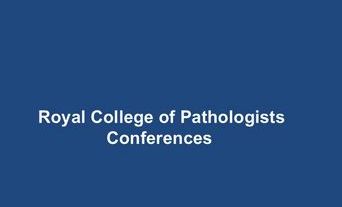THIS EVENT IS NOW FULLY BOOKED
This is a joint event between the Royal College of Pathologists & Association of Clinical Pathologists.
This meeting highlights some of the most advanced recent developments, and shows some of the ways in which these developments are about to change patient care. This special meeting brings together pathologists, industry and world experts across a range of areas, to showcase innovations that are changing healthcare and diagnostics in the practice of pathology.
We not only have internationally renowned individuals who are at the cutting edge of developments such as hand held gene sequencers, scanning mass spectroscopy, and augmented reality, but also speakers who are putting real innovation into practice, both in the setting of clinical trials-as well as large scale clinical implementation.
The programme includes a ‘Path Dragon’ session where cutting edge start up and SMEs will pitch to the audience, and an expert panel.
The event is aimed at current and training pathologists who want to find out what they will be doing and dealing with in the near future, and how they can innovate and bring their innovations into practice.
If you wish us to reserve you a place until study or annual leave is arranged please email us and we'll organise that for you, but a full application and payment must be received in advance of the event to secure your attendance.




